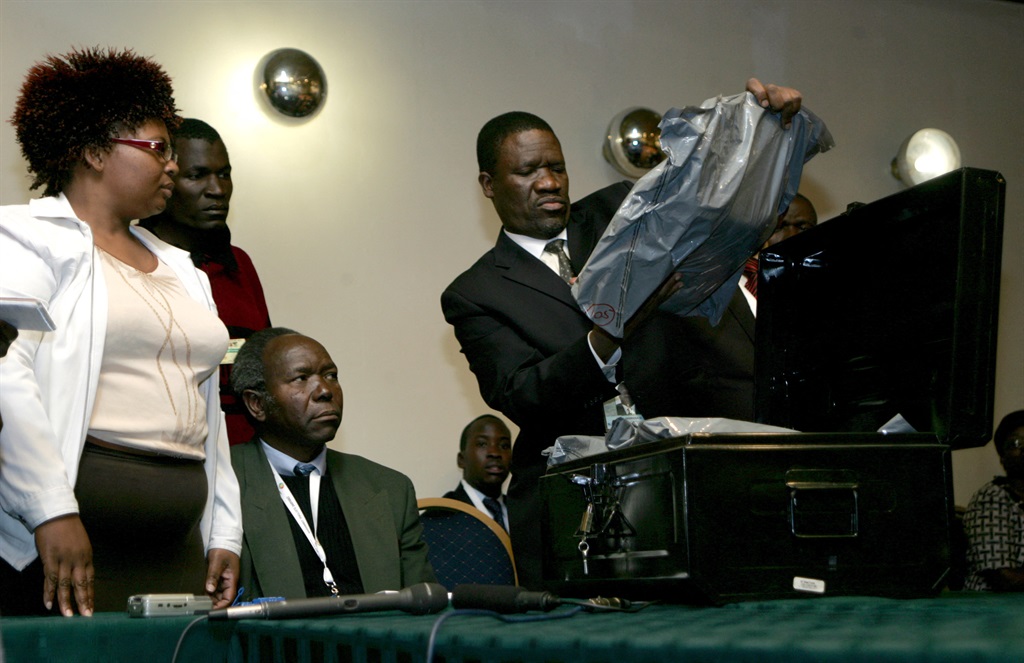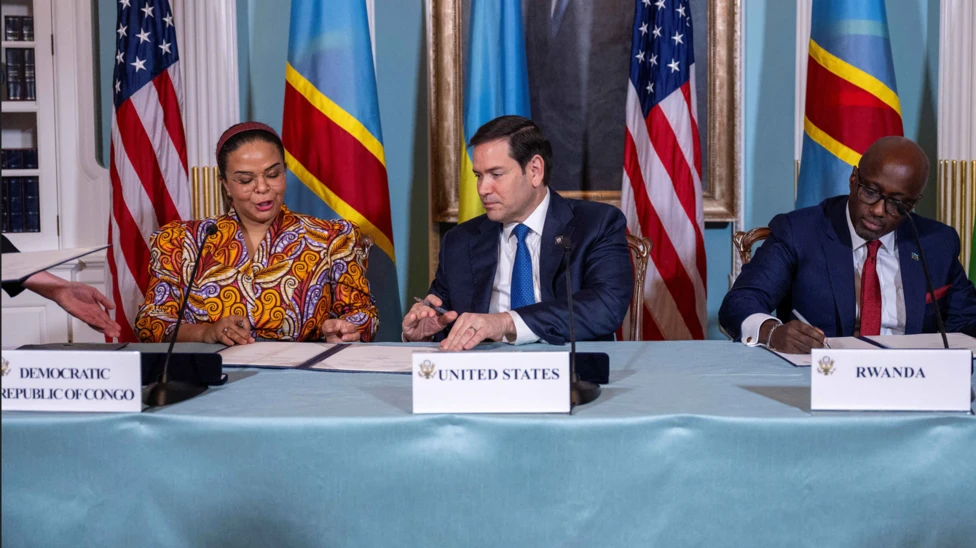HARARE – The Zimbabwe Electoral Commission’s independence has been called into question after it admitted that it is not in control of the process of accrediting election observers.
ZEC has told the High Court in Harare that “there is a significant role for the executive in the accreditation of observers” whilst justifying its refusal to accredit several human rights defenders and government critics.
The elections body also argues that its decisions on the accreditation of observers are “imbued with finality” and “beyond the reach of the courts to afford relief” to aggrieved individuals.
Rights advocate Arnold Tsunga and government critic Ancelimo Magaya this week filed an urgent High Court application seeking an order setting aside ZEC’s rejection of their request for accreditation.
They argued that the rejection of their applications was, without furnishing any reasons, was “grossly irregular and procedurally unfair.”
Tsunga and Magaya had applied for accreditation through the Election Resource Centre. ZEC approved all the other individuals on the list except the two and Dephin Magaya.
In an affidavit, Tsunga said he had observed past elections and had no criminal history. There was “no conceivable reason” why his application would be rejected.
“The failure to give reasons by ZEC as to why my application for accreditation was rejected also constitutes unfair, unlawful and irregular administrative conduct. In terms of section 68(1) of the constitution, I have a right to administrative conduct which is reasonable, substantive and procedurally fair… I also have a right to be promptly furnished with written reasons in respect of adverse administrative conduct against me,” he argued.
ZEC, in response, submitted an affidavit by its chief elections officer Utloile Silaigwana, who all but admitted that the decisions were made by the “executive” – reference to the government. The admission is problematic as ZEC is an independent constitutional body.
Silaigwana said section 40H of the Electoral Act establishes the Observers Accreditation Committee made up of the ZEC chairperson, deputy chairperson, three ZEC commissioners and one representative each from the president’s office, home affairs ministry, justice ministry and women’s affairs, gender and community development ministry.
“The composition of this committee is not without significance,” Silaigwana said. “It draws upon the expertise, knowledge and resources of various parts of the executive branch of the government to make proper and informed decisions about accreditation of observers that for instance respect and acknowledge the foreign policy of the republic, that are sensitive to gender representation; that are alive to questions of immigration and that are sensitive security concerns surrounding any election to be observed.”
Silaigwana said they had since written to Tsunga and others advising them that their applications were rejected for “security reasons”, adding that “imbedded in the reason afforded applicants lies the very need to guard against jeopardising of the republic’s security which includes the security of elections by not disclosing any more information about such threats than is necessary.”
He added: “I must also point out that in many respects, due to the composition of the Observers Accreditation Committee, the Electoral Act accepts that there is a significant role for the executive in the accreditation of observers.
“Where such role has been executed and the commission taken guidance from it in making its decisions, it ought to lie beyond the reach of the courts to afford relief that challenges matters that lie directly within the competence of the executive such as the security of the republic. There are matters to which the judicial function should not be extended lest the principle of separation of powers be violated.”
ZEC is also known to have denied accreditation to two other rights defenders – lawyer Musa Kika and Rashid Mahiya of the Heal Zimbabwe Trust. It cited “security reasons.”
ZEC has come under pressure from opposition parties who accuse it of bias and doing the bidding of the ruling Zanu PF party.
Main opposition leader Nelson Chamisa told supporters in Harare on Monday that ZEC planned to rig elections on Wednesday through setting up “ghost polling stations.”
ZEC is also accused of printing ballots in secrecy and also placing President Emmerson Mnangagwa top on the ballot paper when alphabetically his name should be lower down on the 11-strong field of presidential candidates.
















